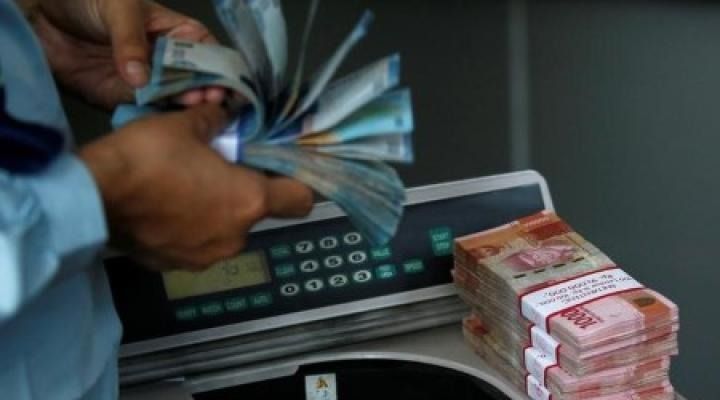Emerging Markets – Indonesian rupiah hit by political woes as Asian currencies mostly subdued
JAKARTA (Reuters): Asian currencies were subdued on Monday, with the Indonesian rupiah extending losses on concerns the country’s finance minister may resign, while Singapore’s dollar was largely flat after monetary policy was left unchanged, as expected.
The Indonesian rupiah, among one of the worst performing currencies so far in 2024 after falling nearly 3%, slipped 0.2% by 0320 GMT.
In the past week alone, the currency has declined by more than 1% against the dollar.
Confidence in the rupiah has faltered over the last two weeks following local media reports that Indonesia’s Finance Minister Sri Mulyani Indrawati could quit ahead of the Feb. 14 presidential election, which raised questions about the country’s fiscal outlook.
The Singapore dollar was muted after the Monetary Authority of Singapore, which has moved to a quarterly meeting schedule in 2024 from a semi-annual schedule, left its policy unchanged for a third time following five consecutive tightening moves since October 2021.
“We cannot rule out a small probability of another policy tightening, if inflation turns out higher than expected due to geopolitical shocks, better-than-expected global growth or a pick-up in domestic price pressures due to the pass through of accumulated business costs…,” analysts at Maybank wrote.
Along the same lines, analysts at Barclay’s said the likelihood of foreign exchange policy easing this year in Singapore is lower than what most market participants are pricing in.
The regional calendar for the week includes PMI’s from across the continent, with fourth quarter growth figures from Taiwan, Hong Kong and the Philippines, and the latest inflation figures from Indonesia and South Korea.
While China’s efforts last week to support its ailing markets helped lift sentiment, a court order to liquidate property giant China Evergrande Group could deepen the crisis in the sector and dampen investor confidence in South-East Asia’s largest trading partner.
The Chinese yuan was unchanged, while stocks in Shanghai were up 0.3%. Among other currencies in the region, Thailand’s baht and the Taiwanese dollar were both up 0.2%.
Ongoing fiscal uncertainty has weighed on the baht after the Bank of Thailand faced repeated requests from the government to cut rates amid concerns of a weakening economy, however the currency has managed to inch higher for four straight sessions.
The Philippine peso led losses to give up 0.3%, while the Malaysian ringgit was flat, last down 0.1%.
Equities in the region were mostly trading higher, extending a relief rally from last week on measures by Beijing designed to shore up the equity market and boost the recovery of the world’s second largest economy.
Shares in South Korea led the charge to gain 1.43%, while those in India were up nearly 1%. Stocks in Indonesia and Malaysia were each up 0.5%. MSCI’s broadest index of Asia-Pacific shares outside Japan was up by 0.7%, notching a near 2-week high. – Reuters













Leave a Reply